For the third time this year, air traffic controllers in France are on strike, causing chaos for business and leisure travelers. The 35-hour industrial action started at 7 p.m. last night and is expected to continue through until 5 a.m. tomorrow. The strike is not only affecting flights to and from France. It also affects overflights, flights traversing French airspace.
The French Civil Aviation Authority asked airlines flying to and from various French airports to reduce flights by 30% percent. Flights transiting French airspace without landing are being reduced by 50 percent.
Airlines for Europe (A4E) says about 75,000 passengers on 550 flights will be affected as major delays, re-routings and cancellations impact travel plans.
Eurocontrol reports delays at a number of French airports, including Paris Orly, Lyon, Marseille, Nice and Toulouse.
Why are air controllers striking?
It’s part of a national public sector strike protesting President Emmanuel Macron’s proposed reforms in working conditions. Workers want better wages and work conditions, and fewer job cuts. Unfortunately, it is travelers who are suffering this week.
According to A4E, a similar French public sector strike in May 2018 caused the cancellation of around 900 flights by A4E airlines, “part of a record year in which travelers were subjected to some 30 ATC strike days in total – 22 of which originated in France. That represents 75% of all ATC strikes in Europe last year.”
Airlines are not happy
Airlines are understandably unhappy about the strike. British Airways wrote, “Yet again this will, unfortunately, bring another wave of unnecessary disruption for some customers traveling in Europe. Like all airlines, we have had to cancel a number of flights but will be using larger aircraft where possible, on other services to help affected customers. Although their industrial action is beyond our control, we are sorry for any potential disruption to your travel plans.”
European discount carriers are especially hard hit by the ATC strike. EasyJet reports that 65% of its flights operate through French airspace. It reportedly canceled 134 flights. According to the Independent, British Airways canceled 36 flights, and Air France also had cancellations.
Ryanair also reported flight cancellations and reassured passengers they were doing everything they can to minimize disruption, “which is sadly beyond our control.”
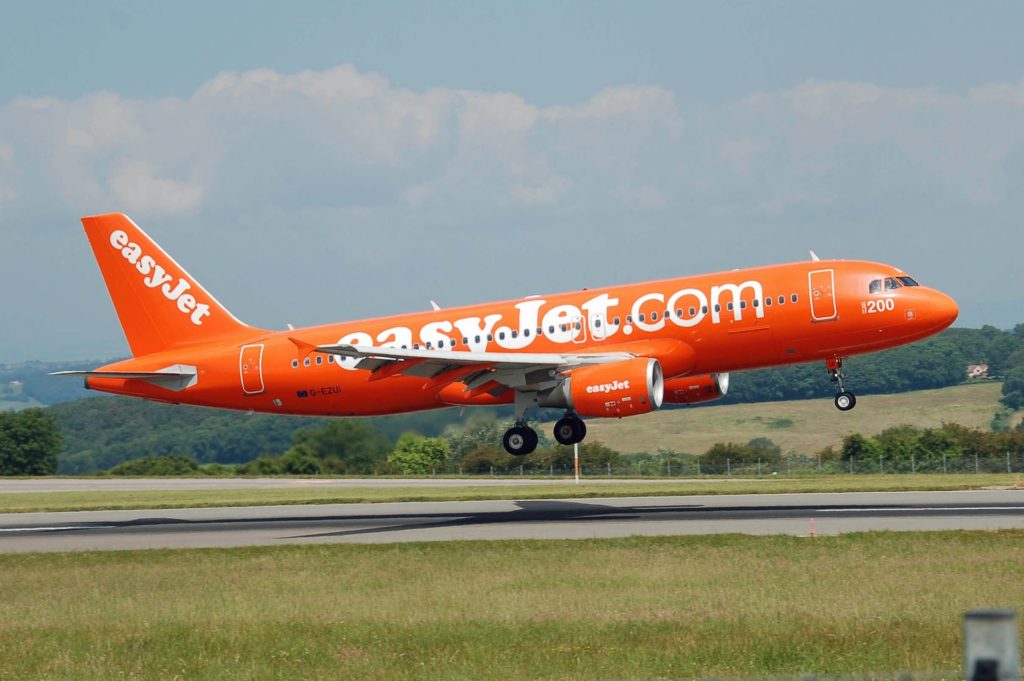
What happens if your flight is canceled or delayed?
EasyJet: Passengers should check flight status on the airline’s mobile app or website. Customers are being contacted directly via email and SMS using details provided at the time of booking and check-in. For cancelled flights only, the airline is advising customers not to travel to the airport but to transfer flights free of charge or take a refund by logging onto Manage Bookings on easyJet.com or using its Flight Tracker: easyjet.com/XXXX(yourflightnumber).
If an overnight accommodation is required, affected passengers can book through the Flight Tracker page easyjet.com/XXXX (flight number).
British Airways: The airline is advising customers to check flight status on their computer or mobile phone. Passengers should not travel to the airport. The airline has a policy in place to outline options and help with rebooking: https://www.britishairways.com/rtad/travel/public/en_be
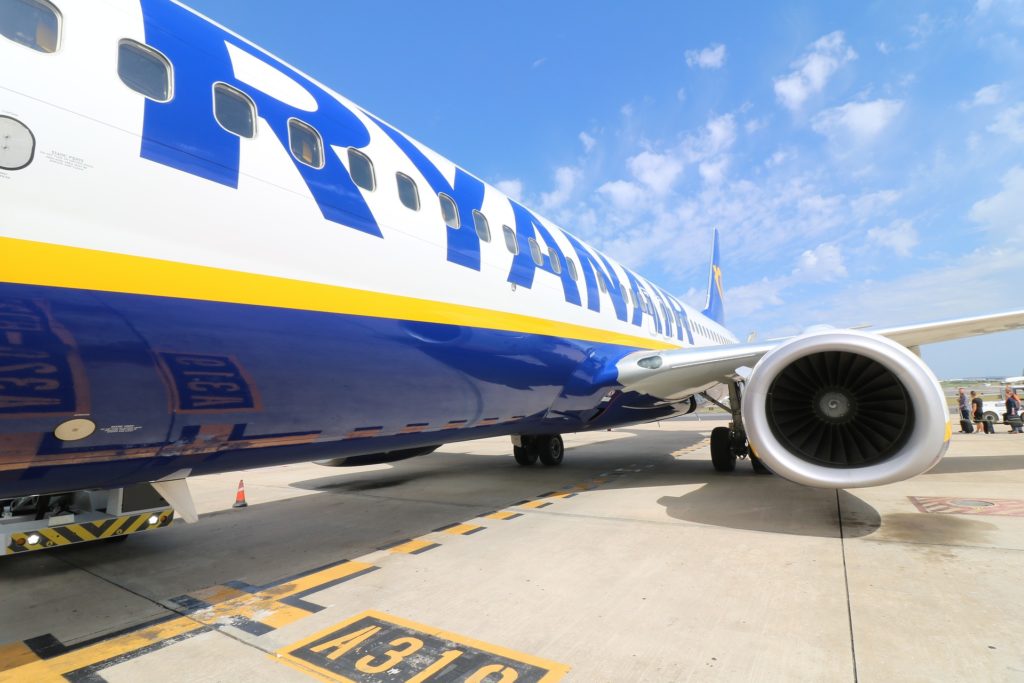 Ryanair: Customer’s affected by a flight cancellation were sent an email and SMS message on May 7 to advise them about their options of a free move or a refund. Passengers with flight delays are being sent an email and SMS on the day of their flight with the updated scheduled times of departure.
Ryanair: Customer’s affected by a flight cancellation were sent an email and SMS message on May 7 to advise them about their options of a free move or a refund. Passengers with flight delays are being sent an email and SMS on the day of their flight with the updated scheduled times of departure.



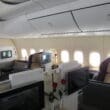
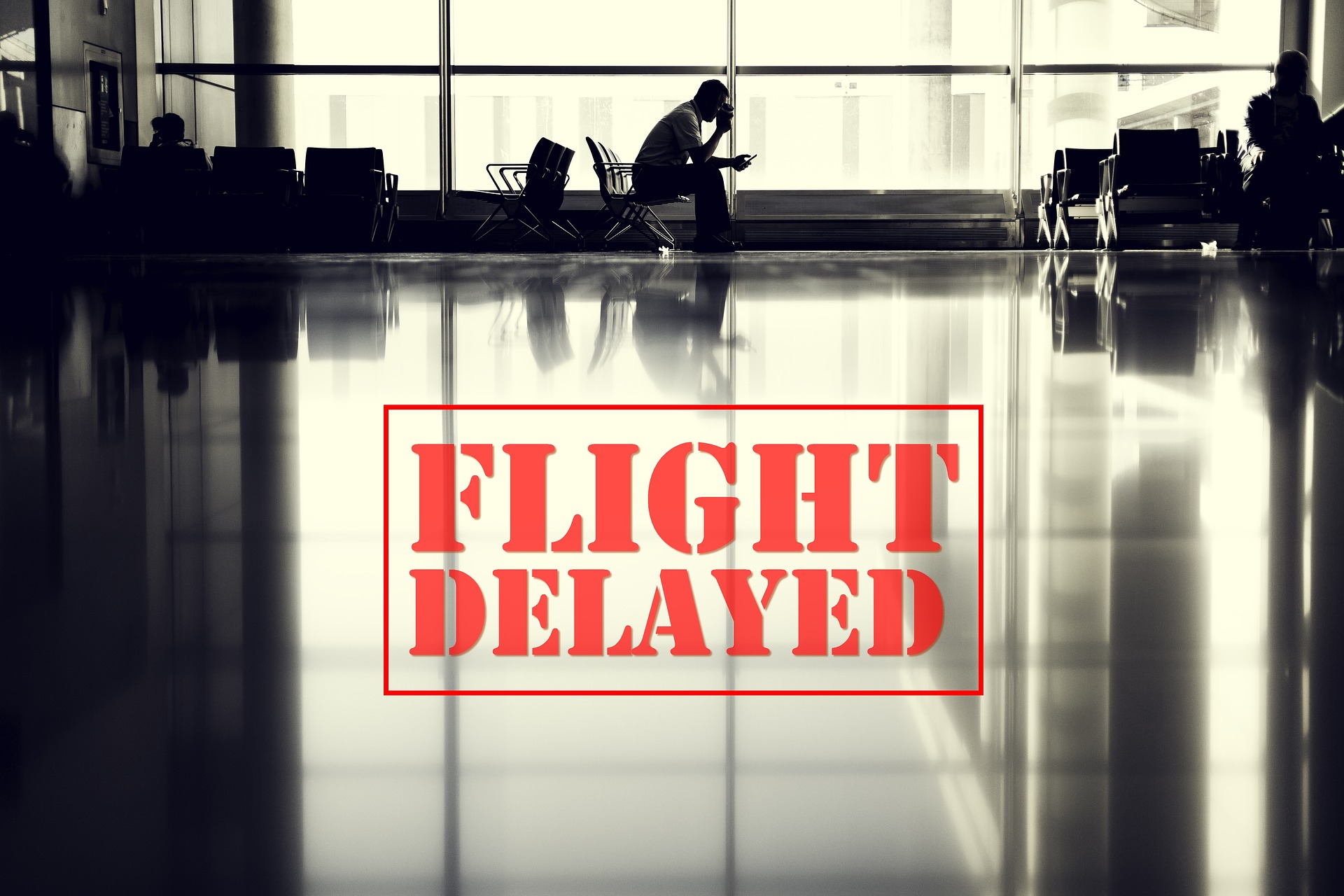



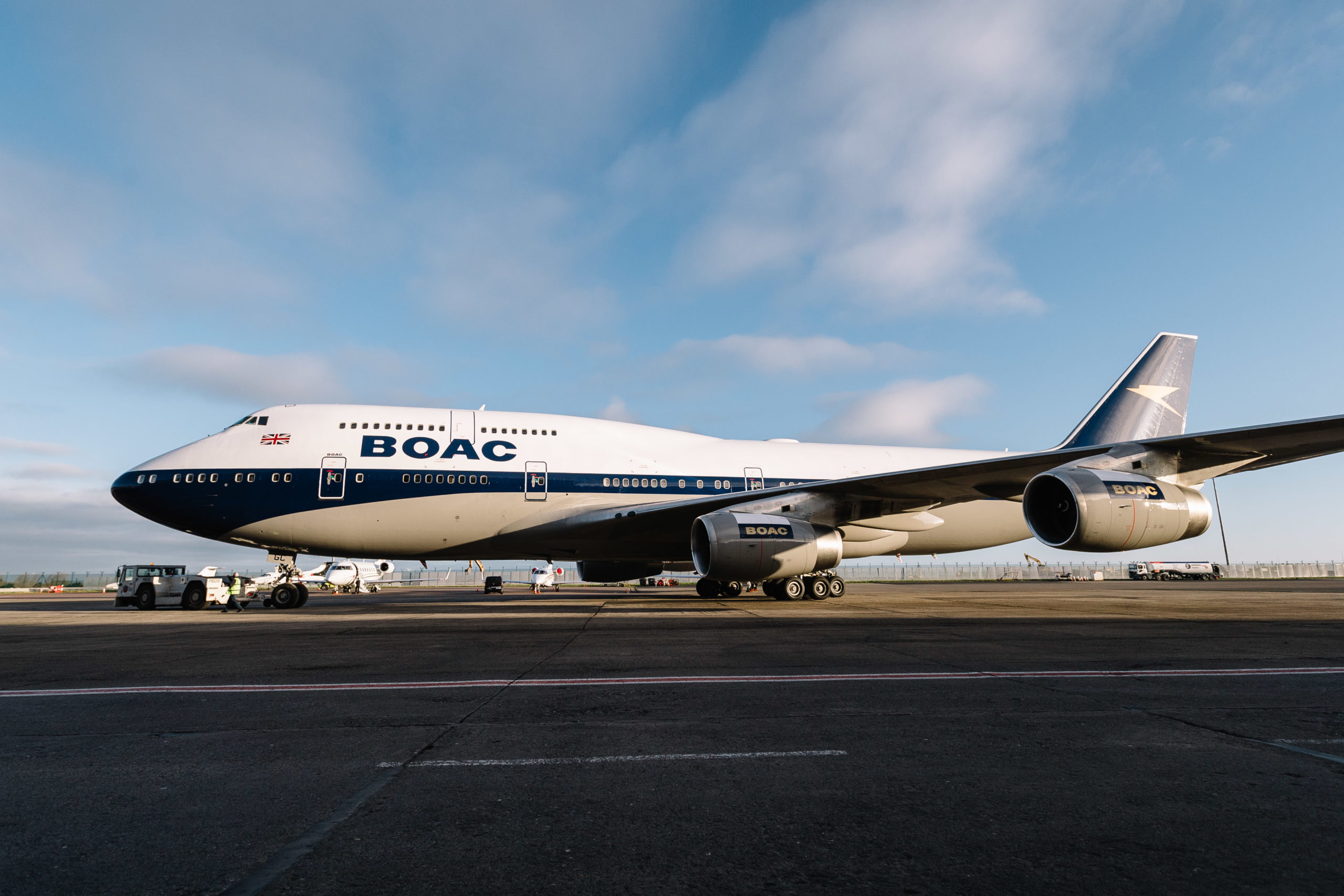




1 comment